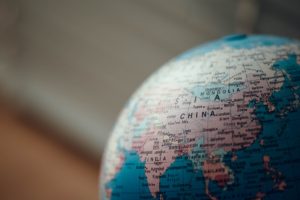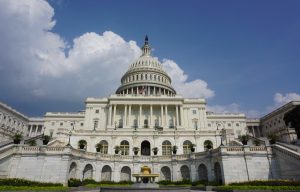

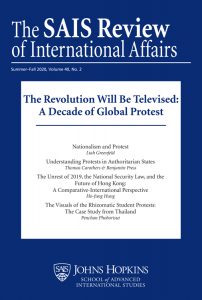
SAIS Review’s Newest Issue ‘The Revolution Will Be Televised: A Decade of Global Protest’ Available Online
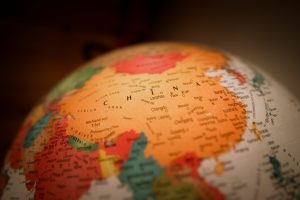
The United States Needs India and Taiwan to Counterbalance China: Will the “Milk Tea Alliance” Work?

Chile 2010-2020: The Contentious Decade

Africa Is Not a Region, and Policymakers Should Stop Treating It Like One

Dapiran Observes a City on the Edge

Evaluating the Nature of the Putin Regime: A Book Review of Putin’s People: How the KGB Took Back Russia and Then Took on the West
In her book, Putin’s People: How the KGB Took Back Russia and Then Took on the West, former British investigative journalist Catherine Belton argues that the former KGB officer is determined to continue the Cold War in order to crush the West. The article evaluates Belton’s claims and logic on the nature of Putin’s regime.

The Future Arenas of Great Power Competition

The New Foreign, Commonwealth and Development Office: More of the same?

Operation Mercury and Illegal Mining in Latin America
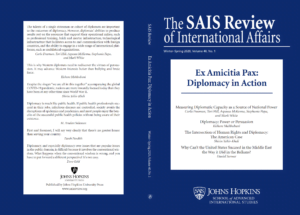
SAIS Review’s Newest Issue ‘Ex Amicitia Pax: Diplomacy in Action’ Available Online
